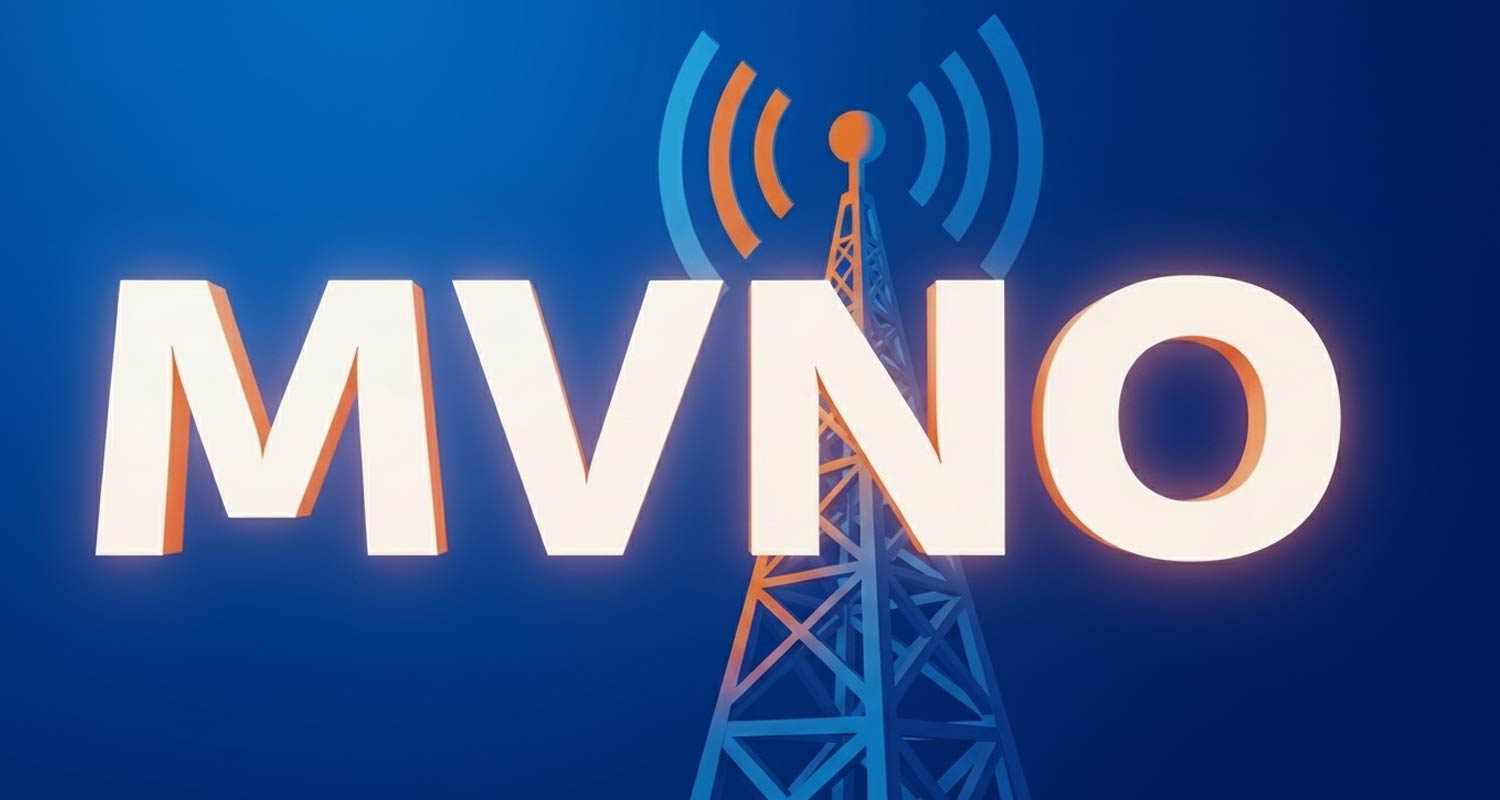Cell C is looking to cement its position as the leading network for mobile virtual network operators (MVNOs) in South Africa — even as rival MTN launches a challenge to its dominance.
In an investor presentation published by its main shareholder, Blu Label Unlimited Group, on Tuesday, Cell C outlined its strategy as it undertakes a restructuring exercise ahead of a planned listing on the JSE in 2026. The operator identified MVNOs as a strategic growth enabler for the business.
“The projected 17% compound annual growth rate [in MVNO subscribers] from 2024 to 2029 is fuelled by rising interest from banks and retailers, which view them as a way to deepen customer engagement, unlock new revenue and boost loyalty through bundled digital services,” the operator said in documents.
“As the leading company, Cell C Holdings can capture this growth, leveraging its access to infrastructure, brand strength and a scalable distribution model.”
Cell C said global benchmarks suggest the South African MVNO market “has room to expand” 2.3x its current size (3.2% Sim market share) up to a potential 10.8%. The operator aims to capture more market share as the sector grows.
Having pioneered MVNOs in the local market with the launch of Virgin Mobile in 2006, Cell C’s goal with the shift towards an MVNO strategy was to “diversify its revenue streams and leverage underutilised network capacity by allowing third-party brands to offer mobile services without building their own infrastructure”.
By its own admission, its early efforts to develop the MVNO market were hindered by poor network quality, high roaming costs and inadequate strategic support, which made it “difficult for MVNOs to scale”.
Challenger MTN
“The strategic pivot to virtualised infrastructure, improved commercial terms and deeper integration has unlocked significant growth and partner success,” said Cell C.
Competition for MVNO customers has stiffened in recent years as more mobile operators have entered the market offering services of their own. Although Vodacom and Telkom have announced they are open to business regarding MVNOs, Telkom is yet to sign an MVNO customer and Vodacom has signed up only one formally.
Read: MVNOs could wreck SA’s mobile market, MTN boss warns
The real challenger to Cell C’s lead in the market is MTN, which has grown the number of MVNOs on its network to just under 40% of all those in the market.
From a competitive standpoint, Cell C sees its lean cost structure and virtual radio network as an enabler for MVNOs to scale with minimal capital investment. Cell C adopted a roaming-only model after relinquishing its own masts and towers in 2023, opting to use its own spectrum atop Vodacom’s and MTN’s tower infrastructure instead.
 According to the presentation, Cell C’s retention of its own core network layer and spectrum reduces its costs to roaming partners MTN and Vodacom, enabling it to offer competitive wholesale rates to its MVNO customers.
According to the presentation, Cell C’s retention of its own core network layer and spectrum reduces its costs to roaming partners MTN and Vodacom, enabling it to offer competitive wholesale rates to its MVNO customers.
Wholesale revenue, generated by selling network capacity to MVNOs, has some advantages over the retail revenue mobile operators accrue by selling airtime and data directly to customers. Revenue from wholesale operations carries no distribution, marketing or base management costs, which Cell C sees as a positive. Supporting MVNOs on already existing network infrastructure is also less complex than retail operations.
“MVNOs have an efficient telco cost base by leveraging existing physical/digital distribution, IT infrastructure, marketing and customer support,” said Cell C. – © 2025 NewsCentral Media
Get breaking news from TechCentral on WhatsApp. Sign up here.



